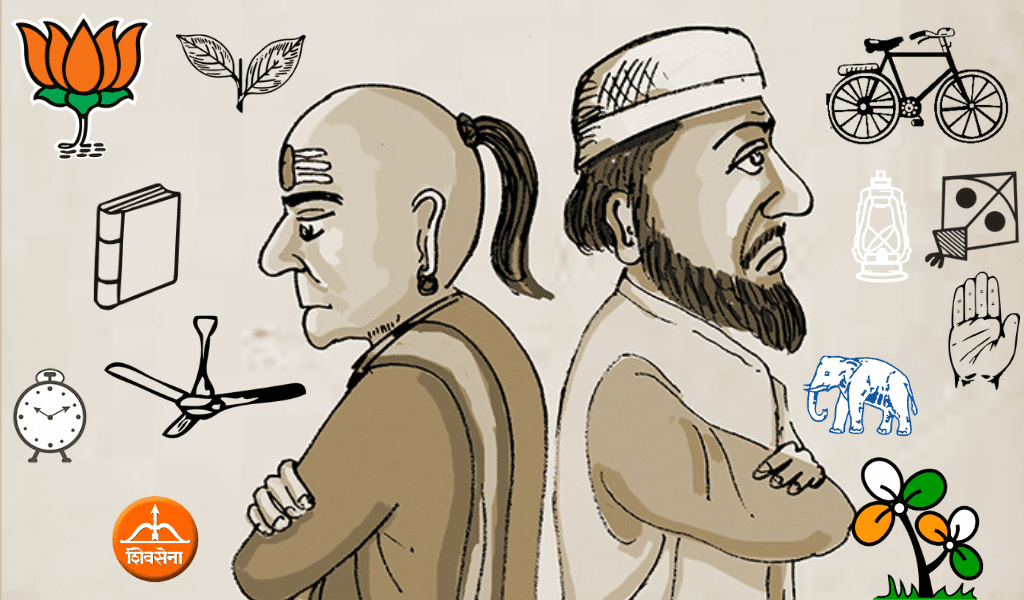Ayurveda, the traditional system of medicine from India, offers a holistic approach to managing diabetes through a balanced and individualized diet. It’s important to note that Ayurvedic recommendations should be followed in consultation with a qualified Ayurvedic practitioner or healthcare professional. Here are some general guidelines for an Ayurvedic diet for a diabetic patient:
- Emphasize whole foods: Include fresh fruits, vegetables, whole grains, legumes, and nuts in your diet. These foods provide essential nutrients and fiber, which help regulate blood sugar levels.
- Favor low glycemic index foods: Choose foods that have a low glycemic index (GI), as they cause a slower and steadier rise in blood sugar levels. Examples include barley, quinoa, leafy greens, cauliflower, broccoli, berries, and most non-starchy vegetables.
- Spices for blood sugar control: Certain spices can help improve insulin sensitivity and regulate blood sugar levels. Incorporate spices such as turmeric, cinnamon, fenugreek, ginger, and cumin into your meals.
- Healthy fats: Include healthy fats in your diet, such as olive oil, coconut oil, ghee (clarified butter), avocados, and nuts. These fats provide sustained energy and help with nutrient absorption.
- Limit refined sugars and carbohydrates: Minimize or avoid foods high in refined sugars and carbohydrates like white bread, white rice, sugary drinks, and desserts. They can cause rapid spikes in blood sugar levels.
- Mindful eating: Ayurveda emphasizes the importance of mindful eating. Chew your food thoroughly, eat in a calm environment, and avoid overeating. This helps with digestion and better utilization of nutrients.
- Stay hydrated: Drink an adequate amount of water throughout the day to support overall health and maintain proper hydration levels.
- Personalized approach: Ayurveda recognizes that each individual is unique. Consult with an Ayurvedic practitioner to determine your specific dosha (body constitution) and receive personalized dietary recommendations.
Remember, these guidelines are general and should be tailored to your specific needs. It’s important to work with a healthcare professional or an Ayurvedic practitioner who can provide individualized guidance based on your condition, medical history, and current health status.


